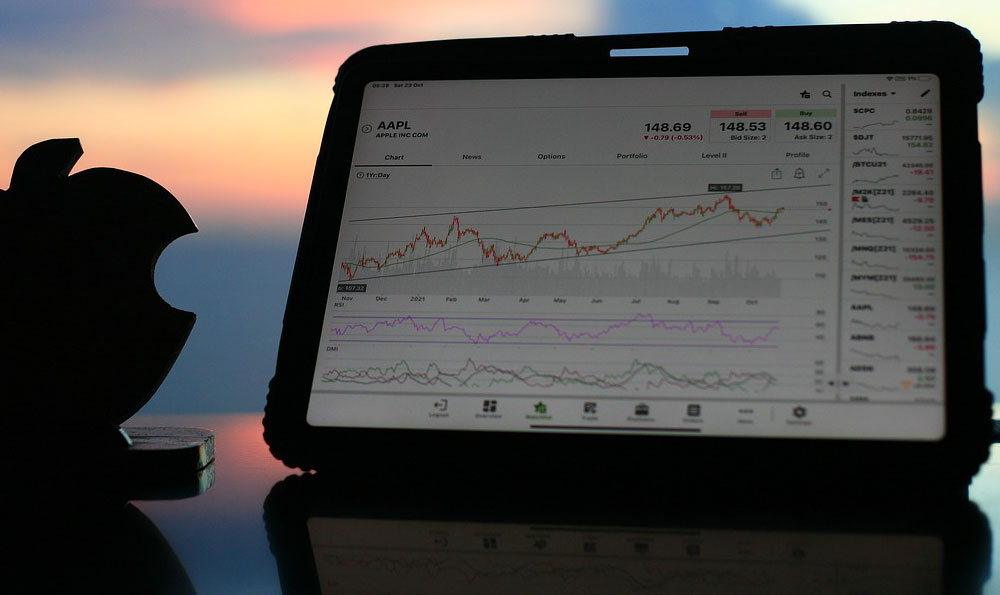Are Bitcoins Profitable? Can I Earn Money with Them?
Let's delve into the complex question of Bitcoin profitability and the potential for earning money with it. The allure of quick riches often overshadows the inherent risks, and a balanced, informed perspective is crucial before venturing into the volatile world of cryptocurrencies.
Bitcoin's profitability isn't a simple yes or no answer. It's contingent on several factors, including your investment strategy, risk tolerance, market conditions, and the time horizon you're considering. Historically, Bitcoin has demonstrated remarkable growth, outperforming traditional assets like stocks and bonds over extended periods. Early adopters who held onto their Bitcoin through periods of market downturns have seen substantial returns. However, past performance is not indicative of future results, and relying solely on historical data is a dangerous game in the crypto space.
One key element determining Bitcoin's profitability is understanding its inherent volatility. The price of Bitcoin can fluctuate wildly, experiencing significant swings within short periods. This volatility presents both opportunities and risks. Traders can capitalize on these price movements through short-term trading strategies, such as day trading or swing trading. These strategies involve buying low and selling high, attempting to profit from intraday or short-term price fluctuations. However, these approaches are inherently risky and require a deep understanding of technical analysis, chart patterns, and risk management techniques. Without a solid grasp of these concepts, the potential for losses is significant.

Conversely, a long-term investment strategy, often referred to as "hodling" (holding on for dear life), involves buying and holding Bitcoin for an extended period, regardless of short-term price fluctuations. This strategy is based on the belief that Bitcoin's long-term value will continue to appreciate as adoption increases and its supply remains limited. While less active and potentially less stressful than short-term trading, hodling still carries risk. The price of Bitcoin could remain stagnant for extended periods, or even decline significantly, impacting the overall return on investment.
Beyond simply buying and holding or trading, there are other avenues for potentially earning money with Bitcoin. Bitcoin mining, the process of verifying and adding new transactions to the blockchain, rewards miners with newly minted Bitcoin and transaction fees. However, Bitcoin mining has become increasingly complex and competitive, requiring significant investment in specialized hardware and energy consumption. The profitability of mining depends on factors such as the price of Bitcoin, the mining difficulty, and electricity costs. For most individuals, mining is not a viable option without substantial capital and technical expertise.
Another option is Bitcoin staking, which involves holding Bitcoin in a cryptocurrency wallet to support the operations of a blockchain network. In return for staking, users receive rewards in the form of additional Bitcoin or other cryptocurrencies. Staking is generally less resource-intensive than mining, but it also requires a certain level of technical knowledge and carries risks associated with the security of the staking platform.
Lending Bitcoin is another potential source of income. Cryptocurrency lending platforms allow users to lend their Bitcoin to borrowers in exchange for interest. This can be a relatively passive way to earn income on Bitcoin holdings, but it also carries risks. The borrower could default on the loan, or the lending platform could become insolvent, leading to a loss of Bitcoin.
The potential for earning money with Bitcoin also brings with it numerous investment traps that individuals should be wary of. Pyramid schemes, Ponzi schemes, and pump-and-dump schemes are prevalent in the crypto space. These schemes often promise unrealistic returns and rely on recruiting new investors to pay off earlier investors. As soon as recruitment slows down, the scheme collapses, leaving many investors with significant losses.
Another common trap is investing based on hype or FOMO (fear of missing out). Social media and online forums are often filled with overly optimistic and sometimes misleading information about Bitcoin and other cryptocurrencies. It's crucial to conduct independent research and avoid making investment decisions based solely on the opinions of others.
Furthermore, unregulated cryptocurrency exchanges and platforms can pose a significant risk. These platforms may lack the necessary security measures and financial controls to protect user funds. Before depositing Bitcoin on an exchange or platform, it's important to thoroughly research its reputation, security protocols, and regulatory compliance.
Protecting your Bitcoin and other cryptocurrency investments is paramount. Using strong, unique passwords and enabling two-factor authentication on all cryptocurrency accounts is essential. Storing Bitcoin in a secure hardware wallet, also known as a cold wallet, provides an extra layer of security by keeping your private keys offline. Diversifying your cryptocurrency portfolio and not putting all your eggs in one basket can also help mitigate risk. Regularly backing up your cryptocurrency wallet and private keys is crucial in case of hardware failure or loss of access.
In conclusion, Bitcoin can be profitable, but it's not a guaranteed path to riches. It requires a solid understanding of the market, a well-defined investment strategy, and a keen awareness of the risks involved. Before investing in Bitcoin, it's essential to conduct thorough research, seek advice from qualified financial professionals, and only invest what you can afford to lose. Approaching Bitcoin with caution, diligence, and a long-term perspective can increase the chances of achieving financial success while minimizing the risk of falling victim to investment scams or market volatility. Remember that responsible investing is about making informed decisions and protecting your financial well-being.















